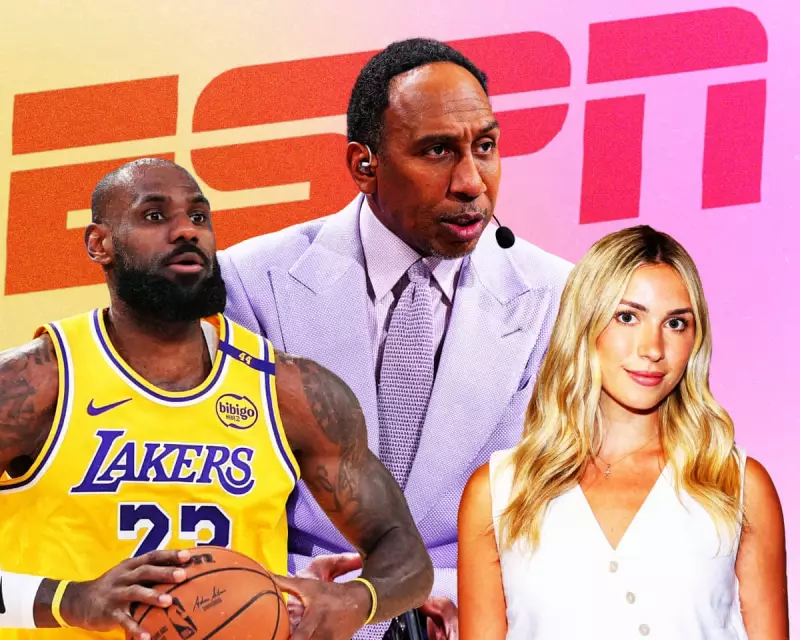
In a scathing indictment that resonates across the sports media landscape, former ESPN journalist Kevin Van Valkenburg has accused the broadcasting behemoth of abandoning serious journalism in favour of what he describes as "memebrain swill".
Van Valkenburg, whose award-winning career at the network spanned over a decade, claims ESPN has undergone a fundamental transformation that prioritises viral moments and shallow entertainment over substantive reporting.
The Shift from Substance to Soundbites
According to the veteran writer, the network once celebrated for its "Brilliant Journalism" now operates on a model designed for fleeting digital engagement. He paints a picture of content meetings where serious story proposals are dismissed in favour of content that generates quick clicks.
"The calculus is simple," Van Valkenburg suggests, "why invest resources in deep investigative work when a hot take or memeable moment can achieve similar metrics with fraction of the effort and risk?"
A Culture Clash Behind the Scenes
The article reveals a growing tension within ESPN between traditional journalists and a new generation of content creators. Van Valkenburg describes an environment where experienced reporters feel increasingly marginalised as the network chases younger audiences through social media-friendly formats.
This cultural shift has reportedly led to the departure of several respected journalists who found themselves at odds with the new editorial direction.
The Cost to Sports Fans
Beyond internal politics, Van Valkenburg warns that this strategy comes at a significant cost to sports enthusiasts. He argues that by reducing coverage to "squirts of digital content", ESPN is failing its core audience who crave analysis and context rather than just highlights and controversy.
The transformation raises serious questions about whether sports journalism can maintain its integrity in an era dominated by metrics and algorithm-driven content strategies.
The Future of Sports Broadcasting
As traditional media giants grapple with digital disruption, ESPN's approach represents a case study in adaptation. However, Van Valkenburg's critique serves as a cautionary tale about what might be lost when established institutions sacrifice their journalistic soul for digital relevance.
The fundamental question remains: can ESPN balance the demands of modern media consumption with the quality journalism that built its reputation?





